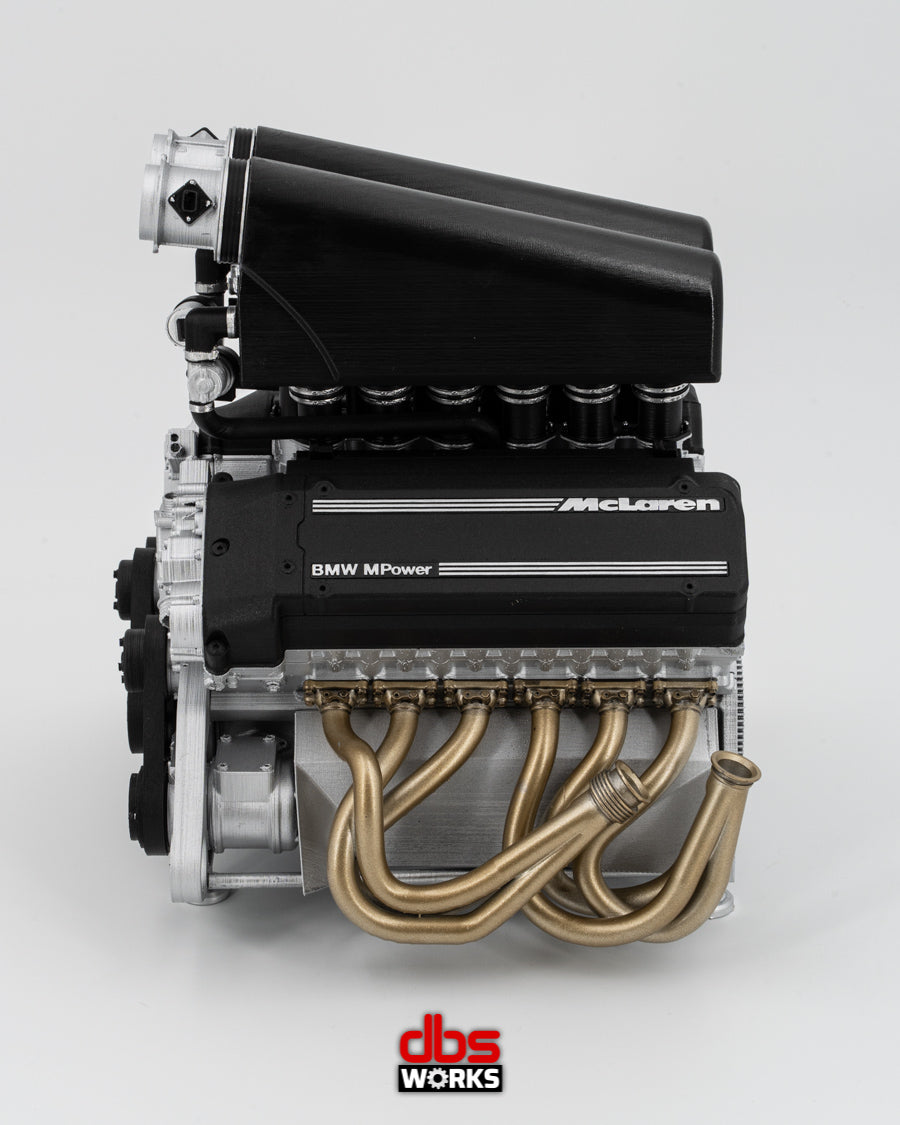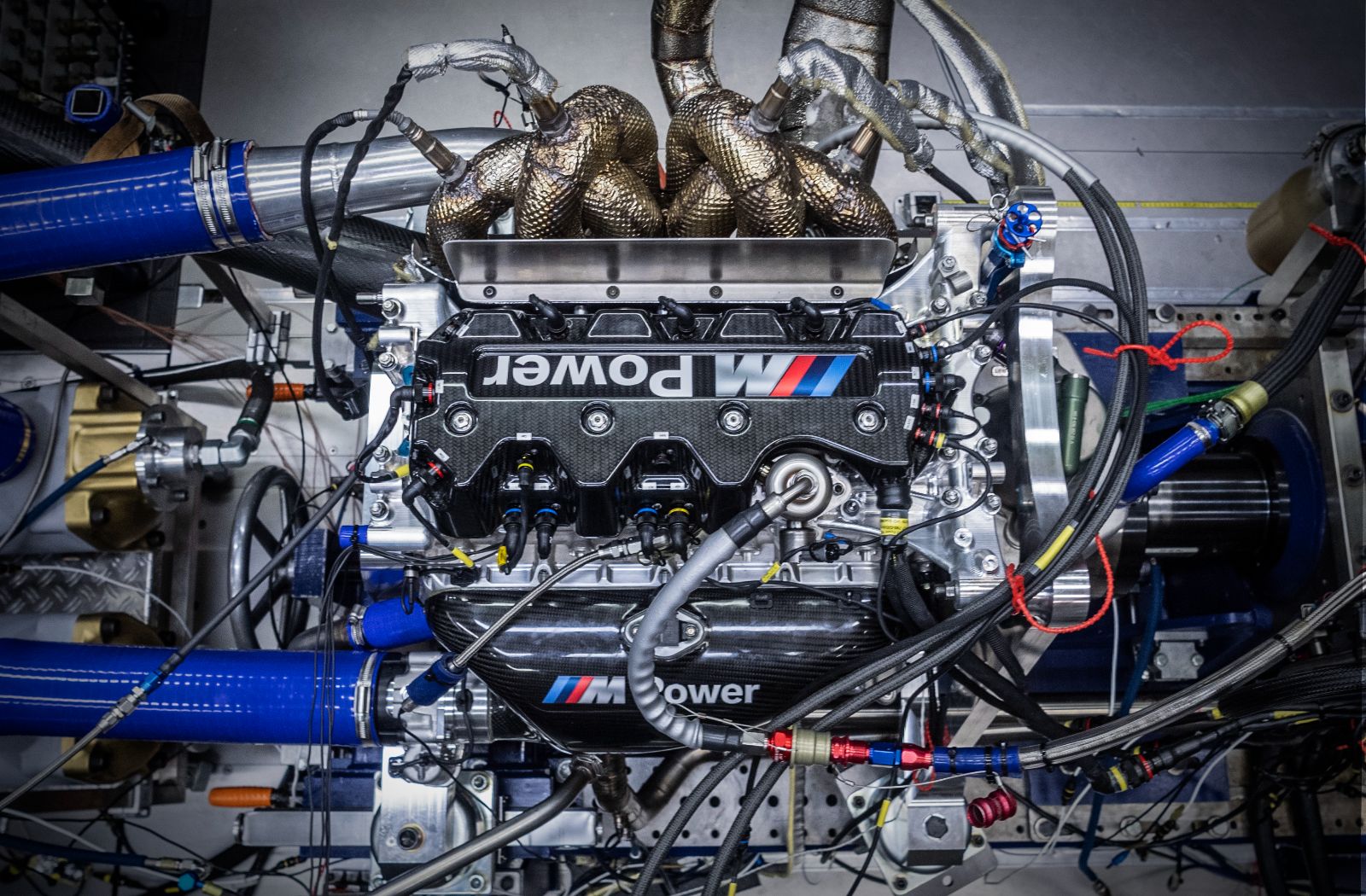Just how to Preserve Your BMW Engine for Optimal Efficiency and Longevity
Just how to Preserve Your BMW Engine for Optimal Efficiency and Longevity
Blog Article
Introducing the Intricacies of Next-Generation Power Units: a Deep Study Advanced Engine Layouts and Technologies
In the world of auto design, the unrelenting search of performance, performance, and sustainability has actually driven the development of power systems to unprecedented heights. As we depend on the precipice of a brand-new era in transportation, the complexities of next-generation engine designs bid us to discover the innovative innovations and developments that promise to redefine the driving experience. From advanced products that push the boundaries of durability and weight decrease to advanced turbocharging and supercharging systems that boost power outcome to new degrees, each element of these power units holds a vital to unlocking the future of automotive design. Digging deeper right into the realms of exhaust control, smart engine management systems, and the perspective of power unit growth, we discover ourselves on the cusp of a transformation that guarantees to reshape the landscape of flexibility as we understand it.
Evolution of Engine Products

The shift towards advanced engine materials has likewise allowed designers to make engines with higher power outcomes while preserving gas performance criteria. For example, using lightweight materials reduces the overall weight of the engine, resulting in enhanced fuel economic climate and lower discharges. Furthermore, developments in materials technology have enabled better thermal monitoring within engines, causing raised integrity and durability.
Turbocharging and Supercharging Technologies
How do Turbocharging and Supercharging Technologies revolutionize engine efficiency and effectiveness in modern lorries? Supercharging and turbocharging are technologies that dramatically improve engine efficiency by boosting the amount of air consumption into the burning chamber. Turbocharging achieves this by making use of a wind turbine driven by exhaust gases to pressurize the consumption air, while supercharging uses a belt- or chain-driven compressor to accomplish the same result.
These innovations enable smaller sized, extra fuel-efficient engines to produce power equal to larger ones, referred to as downsizing. By forcing even more air into the cyndrical tubes, turbocharging and supercharging boost combustion performance, causing boosted horse power and torque output without a significant rise in engine dimension. This causes much better acceleration, lugging capability, and overall driving performance.
In addition, turbo charging and turbocharging add to improved gas performance by allowing the use of smaller sized engines that eat less fuel under typical driving problems - bmw engine. This combination of improved performance and performance has actually made turbocharging and supercharging essential parts of several modern engine styles
Exhaust Control and Environmental Influence
With raising global problems relating to air quality and ecological sustainability, the execution of exhaust control technologies in automobiles plays a vital function in lowering hazardous contaminants released into the environment. Modern automobiles are geared up with advanced discharge control systems that assist lessen the ecological effect of vehicle procedures. Catalytic converters, for circumstances, are made to transform hazardous gases visit their website such as carbon monoxide gas, nitrogen oxides, and hydrocarbons right into less hazardous materials like co2 and water vapor.
In addition, improvements in engine technology, such as the integration of exhaust gas recirculation systems and discerning catalytic reduction, have actually substantially added to reducing emissions. These technologies operate in tandem to maximize burning effectiveness and reduce the release of harmful toxins right into the air. Furthermore, the development of crossbreed and electric vehicles stands for a critical step towards lowering the general environmental impact of the transport industry.
Intelligent Engine Monitoring Solution

Furthermore, these systems make it possible for cars to fulfill rigid emissions requirements without compromising efficiency, providing a much more eco-friendly driving experience. The assimilation of man-made knowledge and artificial intelligence abilities in engine monitoring systems continues to push the borders of what is possible, causing further improvements in efficiency, dependability, and general lorry efficiency. bmw engine. As auto modern technology advancements, smart engine management systems will play a critical role in forming the future of transport towards a much more efficient and sustainable instructions
Future Trends in Power Device Development
As intelligent engine administration systems lead the means for enhanced control and optimization in modern automobiles, future fads in power device development are poised to redefine the landscape of automobile propulsion innovations. Among the vital fads driving innovation in power unit advancement is the shift towards electrification. With a boosting concentrate on sustainability and lowering carbon exhausts, crossbreed and electrical powertrains are coming to be more prevalent in the automotive industry. These alternative power sources offer improved efficiency and performance while aligning with rigorous ecological laws.
One more significant fad is the assimilation of sophisticated products and making methods. Lightweight products such as carbon fiber and light weight aluminum are being utilized to reduce total car weight, enhancing gas effectiveness and performance. In addition, improvements in 3D printing and Our site additive manufacturing are making it possible for the manufacturing of complex engine parts with greater precision and durability.
In addition, expert system and artificial intelligence are playing a critical function in maximizing power device efficiency. These technologies enable real-time monitoring and adaptive control, leading to a lot more efficient and trusted power shipment. Overall, future patterns in power device advancement are tailored towards performance, performance, and sustainability, driving the vehicle industry towards a brand-new period of propulsion technologies.

Conclusion
In final thought, the improvements in engine products, turbocharging, emission control, and intelligent management systems have led the method for next-generation power devices. The intricate designs and developments in contemporary engines display the recurring advancement of auto technology.
Exploring the progressive developments in engine materials has been essential in improving the efficiency and effectiveness of contemporary engines. Over the years, the development of engine products has played a vital duty in pressing the limits of what engines can accomplish.The shift towards advanced engine materials has also allowed designers to develop engines with higher power results while preserving gas efficiency standards.The implementation of intelligent engine management systems in modern lorries has actually changed the means engines are managed and enhanced for performance and performance. By accumulating information in real-time and examining it with advanced algorithms, smart engine administration systems can adapt to driving styles, ecological aspects, and engine health and wellness to take full advantage of power output while minimizing gas usage continue reading this and emissions.
Report this page